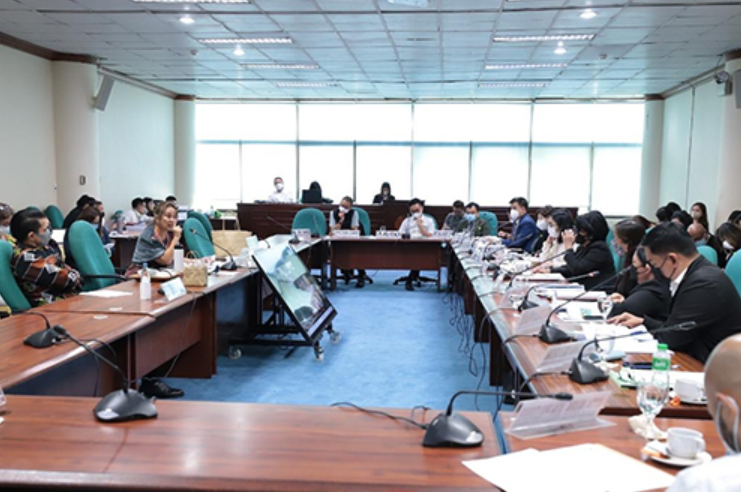In this Article
The Senate approved the Blue Economy Act on its third and final reading, reflecting a commitment to the sustainable use of the Philippines’ oceanic resources for economic growth, enhanced livelihoods, and the health of ocean ecosystems.

In a significant move toward sustainable development, the Senate has approved the Blue Economy Act on its third and final reading. This landmark legislation, Senate Bill No. 2450, reflects the government’s commitment to harnessing the Philippines’ vast oceanic resources for economic growth, improved livelihoods, and the preservation of marine ecosystems.
Authored and sponsored by Senator Loren Legarda, the Blue Economy Act underscores the critical importance of the blue economy to the country’s future. Senator Legarda emphasized that this concept transcends borders, aligning with global efforts to protect and sustainably utilize ocean resources. She highlighted that the United Nations General Assembly has recognized the urgent need to protect and harness the potential of oceans and marine resources to drive sustainable development, as reflected in the Sustainable Development Goals (SDGs). Legarda pointed out that a significant portion of the Philippines population – 60 percent resides in coastal areas, with fisherfolk representing the second most impoverished sector.
The bill aims to enhance the country’s marine biodiversity, particularly its shore-fish resources, among the world’s richest. It also recognizes the vital ecological services these resources provide, which are crucial for the survival and prosperity of coastal communities within and beyond the Philippines.
The term blue economy, as used in the act, refers to a practical ocean-based economic model using green infrastructure and technologies, innovative financing mechanisms, and proactive institutional arrangements to meet the twin goals of protecting our oceans and coasts and enhancing their potential contribution to sustainable development. This includes improving human well-being and reducing environmental risks and ecological scarcities.
The bill also includes a policy development framework designed to guide the country toward a diversified and sustainable ocean economy. This framework seeks to deliver long-term economic and social benefits while enhancing resilience to climate change, all without compromising the integrity of marine ecosystems.
The objectives of the framework are to (1) ensure a cross-sectoral and inclusive approach that creates a value chain and supports the sustainability of the blue economy as a new engine of economic growth; (2) develop a common understanding of the blue economy; and (3) provide a foundation for regional actions related to the blue economy, thereby maximizing the economic potential of the country’s ocean and inland water resources.
Reference: Senate of the Philippines. (2024, August 19). Senate approves Blue Economy Act. Retrieved August 30, 2024 from https://legacy.senate.gov.ph/press_release/2024/0819_prib1.asp




